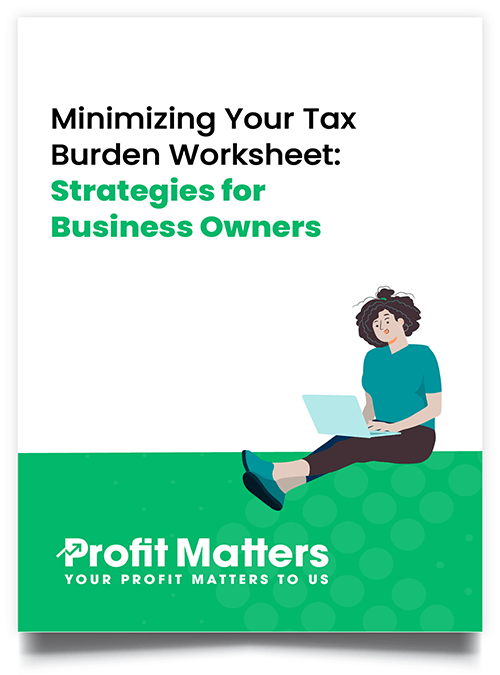Most physicians will confess that they’re terrible at drawing blood. However, it’s not a talent they employ on a daily basis, so they may be rusty in the process, and is it really the greatest use of their time?
When thinking about your role in your business you must consider what is the highest and best use of your time. You’re in business because you are an expert at something – the more time you spend doing that something the better. The less time spent doing tasks that can be outsourced the more efficient and effective you will be as a leader.
When it comes to accounting – no one wants to make a big mistake on taxes, payroll or billing that results in long and complicated hours of trying to sort out what happened.
For this article, let’s explore the roles and functions of an accounting and finance department to make sure we are set up for success and to find ways to utilize our resources most efficiently.
First off, the easiest way to explain the difference between finance and accounting is that accounting is transactional, and finance is a bigger picture and more strategic. In a typical accounting department you have a number of different roles, each performing specific functions and each done by professionals with different levels of expertise.
The Day to Day – Bookkeepers
Bookkeepers free you up to focus on the other vital aspects of your business. Most likely you want and need to spend your time on the things that made you want to be a business owner in the first place.
Bookkeepers are experts at keeping track of individual transactions. Every time you make a financial transaction, the same amount is noted in your books. Bookkeepers employ accounting software in its intended manner to guarantee that no data goes missing or misfiled and that each transaction is recorded accurately.
Not having a bookkeeper early on is one of those things most business owners regret later.
The Next Level – Staff Accountant
A bookkeeper may or may not have an accounting degree but Staff Accountants do. Staff Accountants are higher level, they can assist with things like budgeting, price matrixes, and planning, send invoices, running payroll. They certainly have the skills to do transaction bookkeeping, but may find it tedious, and is it the best use of their time? If your business has a low volume of transactions then maybe it makes sense for your Staff Accountant to perform that function, but if it is taking up a large portion of their time it might be time to consider outsourcing that function. True bookkeepers are a whiz at transactional entry and reconciliation and are incredibly efficient at doing so.
CPA – Certified Public Accountant
This next level has been certified, trained, and is experienced at providing accounting services. They understand the ins and outs of accounting, they usually have a good grasp on finance, and they can oversee an accounting team and provide clients with strategic information for decision making. Accountants are experts in the field of taxation. CPAs are the best people to turn to for tax preparation. They understand key deadlines, as well as deductions, and whole tax compliance. Accountants can analyze a company’s complete financial data set from beginning to end and assist you in making better allocation decisions based on that knowledge.
CFO
This is the top of the chain of command in accounting but interestingly a CFO does not necessarily need to be a CPA (only 45% of CFO’s are CPAs). Although one might think CFO’s are well-rounded and experts in everything finance and accounting that is not always the case.
There are some key differences in the role of a CPA versus a CFO in a corporate setting.
The CPA is more interested in the company’s best current tax strategy, while a CFO is focused on long-term growth. A CFO is concerned with growing the company’s assets and increasing its profits.
The CFO is mainly concerned with financial planning, while the CPA tends to focus on compliance and reporting.
A CFO may also be a specialist in investment or commercial financing whereas a CPA’s main concern is tax-related issues and regulations and tend to be more conservative when making investments.
A CFO is primarily concerned with the objective of the business and where it is going, where a CPA is making sure the current business is utilizing its cash and resources effectively and maximizing current tax law.
Each one of these roles is critical in thinking through your financial stack but the reality is that most businesses do not need these resources full-time. They need a CPA to advise them on tax strategy, a CFO to help them with the big picture, and Staff Accounting and Bookkeeping to keep things flowing smoothly and to stay out of trouble.
Many businesses outsource all or part of these operations with remarkable success. They may have a dedicated Bookkeeper with whom they communicate weekly, hold quarterly meetings with an Accountant to discuss taxes, and have an annual planning session with a CFO to make sure their targets are in line. A full-stack accounting department at a fraction of the cost of employing just one element alone.
Running a business is hard. It’s even harder when you’re trying to juggle managing your finances and all the other things that go into running a company, like dealing with hiring, rising costs, marketing, and operations. When it comes time for quarterly tax filings, planning, financial statements and reconciliation do you know where to turn? If not, our team of experts are ready and waiting to partner with you in making sure that your financials are always up to date. We’ll help manage all aspects of your finance and accounting needs. Get in touch today


